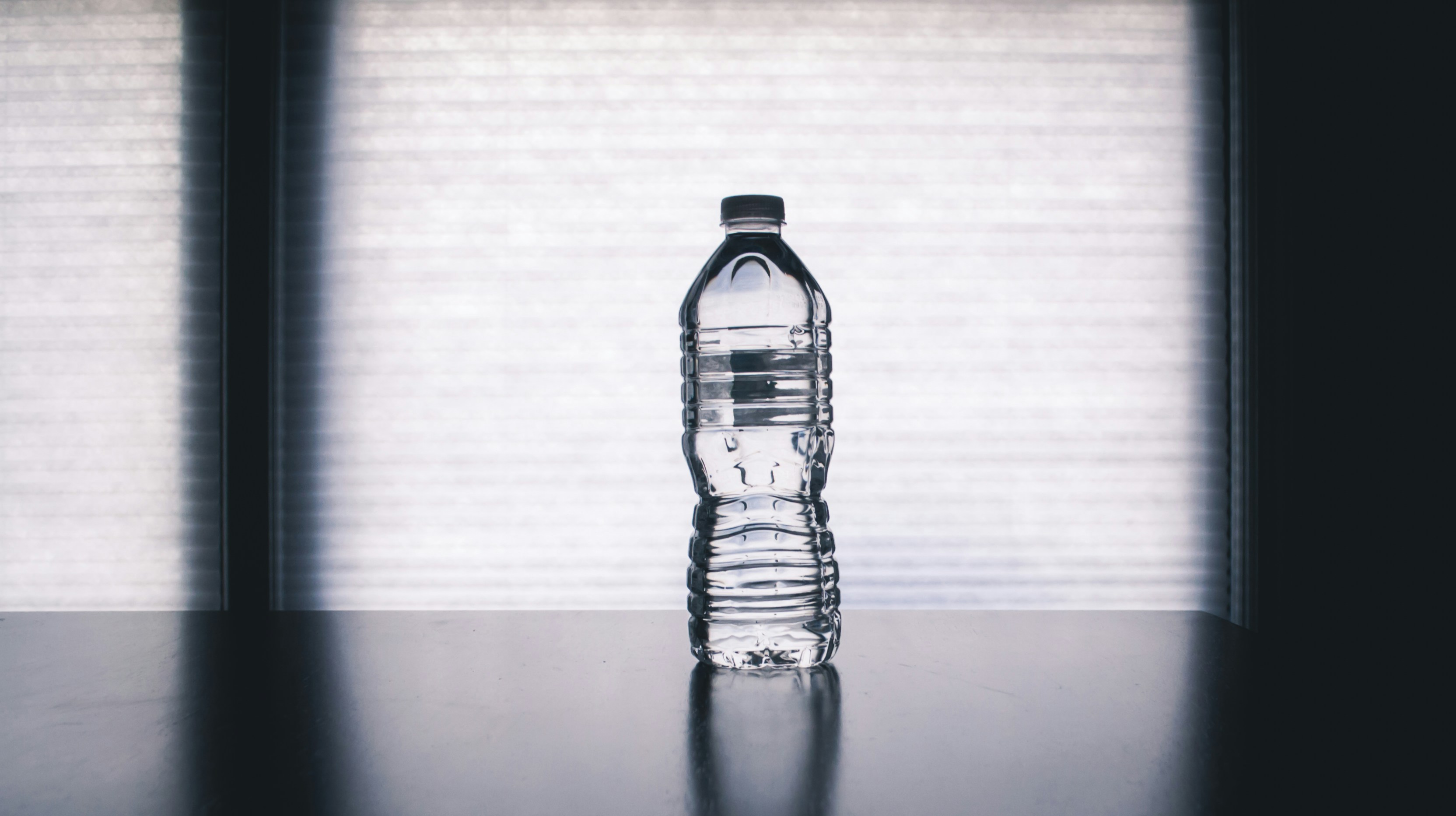Have you ever wondered why drinking enough water is constantly emphasized by health experts and yet feels so deceptively simple? While we may know the basics of hydration, such as sipping water regularly and replenishing after a workout, the intricate dance between hydration and specific health issues like oxalate-induced gut problems isn’t as well-known. Let’s wander through this fascinating landscape and piece together why hydrating might just be your secret weapon in managing these gut woes.
Understanding Oxalates
Before we can unpack how hydration plays into managing oxalate-induced gut issues, it’s crucial to understand what oxalates are. Oxalates are naturally occurring compounds found in many plant-based foods. But don’t let that scare you away from your beloved spinach or almonds just yet! In moderation, they’re typically no big deal for most of us. However, for some, they can create a little more havoc.
What Happens When Oxalates Go Rogue?
In a healthy gut, oxalates are usually absorbed in small amounts, metabolized by gut bacteria, and excreted without much fuss. But when oxalates go rogue due to consumption of oxalate-rich foods, or underlying health conditions, they can lead to the formation of crystals — similar to the ones that form kidney stones. These crystals can irritate the lining of your gut, leading to discomfort and other gastrointestinal symptoms.
The Connection Between Oxalates and the Gut
The gut is a dynamic, complex environment where maintaining balance is everything. When oxalates start accumulating, it can set off a chain reaction of challenges, including inflammation and other gut disturbances.
Symptoms of Oxalate-Induced Gut Issues
Experiencing gut issues linked to oxalates can be as subtle as a whisper or as loud as a marching band. You might come across symptoms like stomach discomfort, bloating, or even altered bowel habits. Recognize these as early indicators that your body might be struggling with oxalate management.
The Importance of Hydration
Now that we have a backdrop about how oxalates can stir up trouble in the gut, where does water come into the equation? Hydration is your unsung hero here, playing multiple vital roles in maintaining gut health.
How Water Influences Oxalate Handling
Water acts as a vehicle, helping dissolve dietary oxalates and flushing them out of your system before they can form pesky crystals. It’s like having a friendly river within your body, constantly working to keep things flowing smoothly and reducing the likelihood of oxalate accumulation.
The Hydration Effect on Gut Lining
Adequate hydration doesn’t just wash away oxalates; it also keeps your gut lining robust and healthy. Think of it as a gentle shield, ready to defend against irritation or inflammation that oxalates might cause.
Strategies for Optimal Hydration
Sure, you’ve heard you should drink eight glasses a day, but is that enough? Utilizing hydration as a strategy to control oxalate-induced gut issues requires a bit more nuance. Let’s look at how you can develop a personalized hydration plan.
Calculate Your Personal Needs
Everyone is unique, and so are your hydration needs. Factors such as your body weight, climate, and level of physical activity affect how much fluid you should be aiming for each day. A quick formula for daily water intake is to divide your weight (in pounds) in half, and drink that amount in ounces.
Hydration Tips for Gut Health
-
Include Hydrating Foods: Foods like cucumbers, bell peppers, and strawberries have high water content and can contribute to your hydration level subtly.
-
Monitor Urine Color: Aim for pale yellow. It’s a simple, visually-driven way to gauge how well you’re hydrating.
-
Regular Sips Throughout the Day: Don’t wait until you’re thirsty. Keep a water bottle handy and take small sips regularly.
Pairing Hydration with Diet
Water alone isn’t a panacea for oxalate-induced issues. What you consume — or don’t consume — can amplify or mitigate these problems.
Lowering Oxalate Intake
Table: High vs. Low Oxalate Foods
| High Oxalate Foods | Low Oxalate Foods |
|---|---|
| Spinach | Kale |
| Almonds | Sunflower Seeds |
| Beets | Zucchini |
| Sweet Potatoes | Cauliflower |
By being mindful of high oxalate foods and balancing them with low-oxalate options, alongside ample hydration, you reinforce your body’s ability to manage oxalate levels.
Boosting Your Gut Flora
A diverse and healthy gut microbiome can aid in breaking down oxalates. Consider fermented foods like yogurt or kefir, and perhaps even a good probiotic supplement, to support your gut bacteria.
Hydration and Beyond: Lifestyle Adjustments
Water is a start, but it’s collaborating with other lifestyle factors that truly enhances management of oxalate issues.
Regular Physical Activity
Exercise improves overall digestion and reduces stress, which can often exacerbate gut problems. Your workouts don’t have to be intense; it’s more about consistency. Find activities that you enjoy and stick with them — walking counts too!
Stress Management Techniques
Stress can wreak havoc on the gut, making it essential to find calming practices that work for you, whether it’s yoga, meditation, or just a moment of stillness in your busy day.
When to Seek Professional Help
While you can do a lot to manage oxalate-induced issues on your own, knowing when to seek medical advice is crucial. If hydration and dietary adjustments don’t seem to be helping, consulting with a healthcare provider can provide additional insights and relief.
Diagnostic Tests
Professionals might recommend tests such as urine analyses, or other diagnostic procedures, to precisely identify issues related to oxalates or the broader gut environment.
Conclusion
Tackling oxalate-induced gut issues might seem like a daunting task at first, but embracing simple strategies like consistent hydration can make a difference. Remember, every body reacts differently, so finding your balance with water, diet, and lifestyle adjustments is key. You’re not aiming for perfection, just a kind of harmony that lets you feel comfortable and at ease in your daily life.
Hopefully, this conversation helps demystify the role hydration plays in managing oxalate-induced gut issues. Drinking enough water might just be one of the simplest, yet most effective ways you can support your gut health — because when you give your body what it needs, it often responds beautifully.





